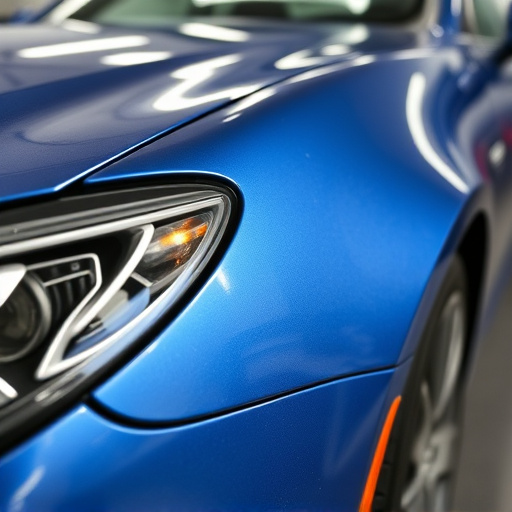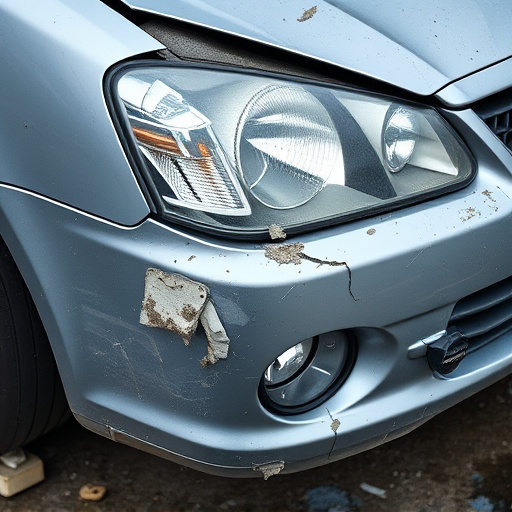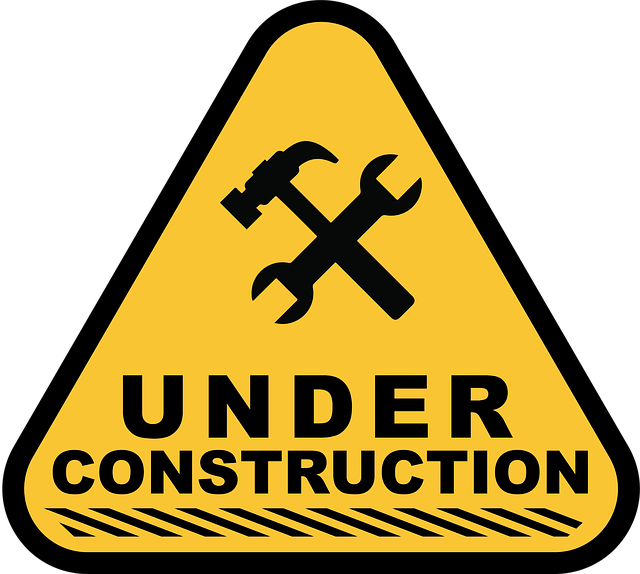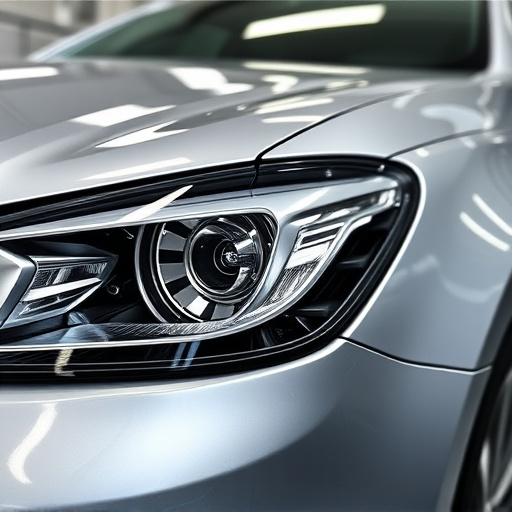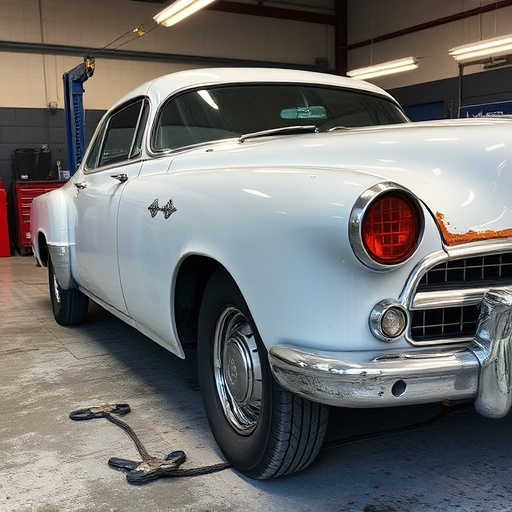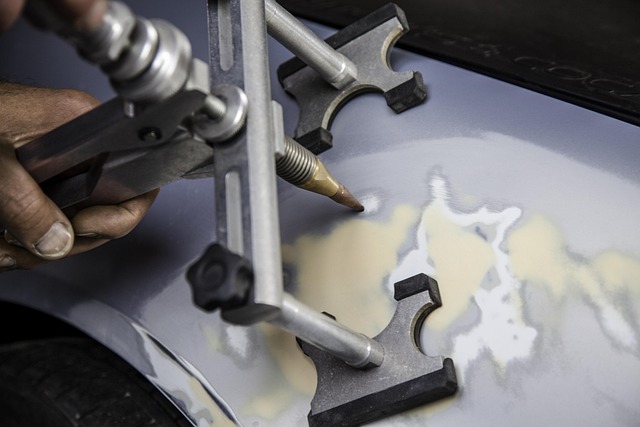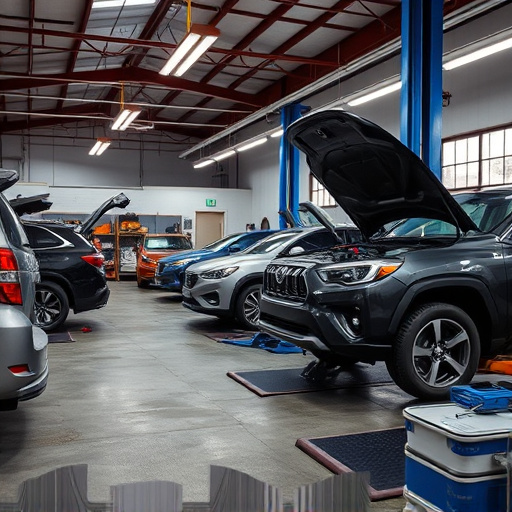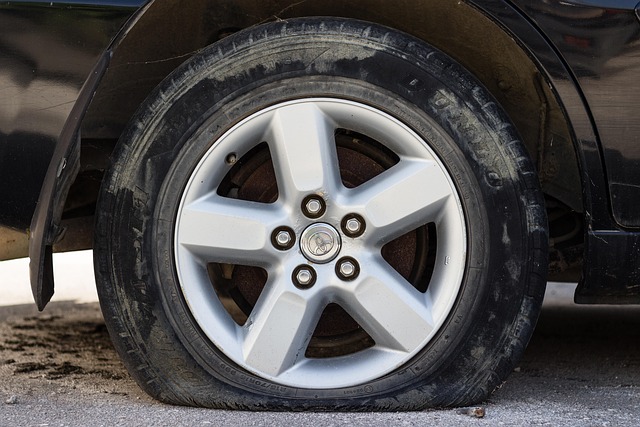Precision collision repair, covering body panel replacement to painting, is often covered by standard insurance policies, though specific types of restoration may not be. Review policy details for coverage and deductibles. Engage with insurers early and choose reputable shops specializing in advanced vehicle repairs for fair benefits and transparent claim resolution.
“Unraveling the complexities of precision collision repair and its insurance coverage is essential for vehicle owners seeking top-notch restoration. This article guides you through the intricate process, offering insights into how insurance policies can facilitate advanced repair techniques. From understanding coverage limits to maximizing benefits, we explore the do’s and don’ts of insuring precision collision repair work. Get ready to navigate this process with confidence, ensuring your vehicle returns to its optimal state.”
- Understanding Precision Collision Repair Coverage
- What Insurance Policies Cover and What They Don't
- Maximizing Your Repair Benefits: Tips and Best Practices
Understanding Precision Collision Repair Coverage
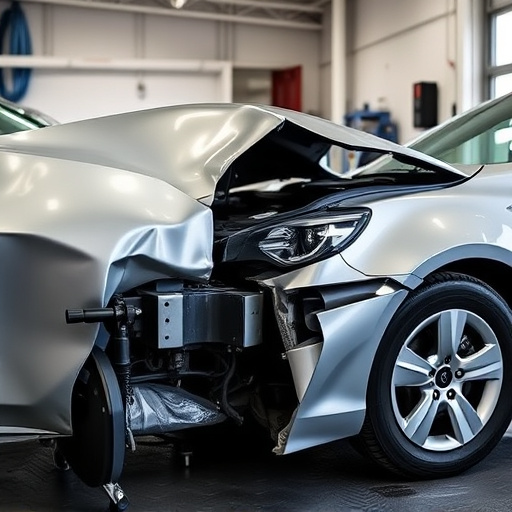
When it comes to understanding precision collision repair coverage, it’s essential to grasp that this specialized service goes beyond basic vehicle fixing. It involves intricate techniques and meticulous attention to detail to restore vehicles to their pre-accident condition, ensuring every part—from exterior panels to interior components—is accurately repaired or replaced. This level of craftsmanship is particularly crucial for those seeking top-notch results in tire services and automotive restoration.
Insurance companies recognize the value of precision collision repair, which is why many policies cover these advanced techniques. Policyholders should familiarize themselves with their coverage limits and specific terms related to paintless dent repair, as well as other services like tire replacements and complete automotive restoration. By understanding what’s included, drivers can ensure they receive the best care for their vehicles after a collision, restoring them to their original state without compromising on quality.
What Insurance Policies Cover and What They Don't
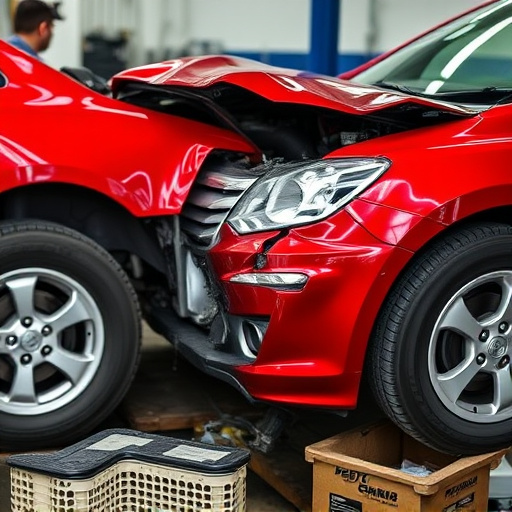
Most standard auto insurance policies provide coverage for precision collision repair work, but the specifics can vary greatly between providers and plans. Typically, comprehensive or collision coverage is required to fix damage caused by accidents, including fender benders, road debris, or even weather events. This includes repairs like body panel replacement, painting, and refinishing, ensuring your vehicle returns to its pre-accident condition.
However, it’s important to understand what these policies don’t cover. Some policies may not include specific types of precision collision repair, such as specialized restoration work for classic or vintage vehicles, or unique custom modifications. Additionally, deductibles apply to claims, meaning you’ll need to pay a set amount out of pocket before insurance covers the rest. Vehicle dent repair, automotive repair services, and auto body repairs that are not directly related to a collision may not be eligible for full coverage under standard policies.
Maximizing Your Repair Benefits: Tips and Best Practices

Maximizing Your Repair Benefits: Tips and Best Practices
When dealing with precision collision repair, understanding your insurance coverage is key to ensuring you receive the best possible outcome for your vehicle. Start by reviewing your policy’s terms and conditions regarding collision coverage. Ensure you know the specific types of repairs that are included, such as paintless dent repair or automotive body work, and understand any deductibles or out-of-pocket expenses you may be responsible for. Engaging actively with your insurance provider early on can help set clear expectations and avoid misunderstandings later.
Choose reputable collision repair shops known for their expertise in precision techniques, especially when it comes to sophisticated vehicle repairs. Reputable facilities will not only provide quality work but also maintain accurate records of the process, ensuring that every detail of the repair is accounted for. Regular communication with your chosen mechanic and adhering to recommended repair procedures can help maximize your insurance benefits. Remember, a well-documented and transparent process benefits both you and your insurance company in ensuring a fair and efficient claim resolution.
Precision collision repair is not just about fixing cars; it’s about restoring them to their pre-accident condition, ensuring safety and satisfaction. By understanding your insurance policy’s coverage and employing best practices, you can maximize benefits during the repair process. Remember, knowledge is key; stay informed about your rights and options for a seamless precision collision repair experience.

